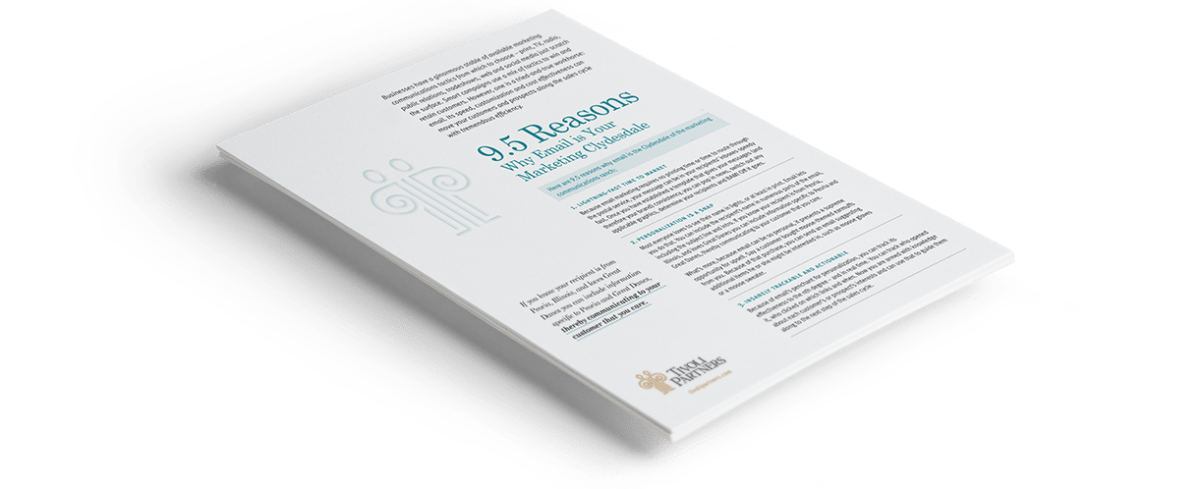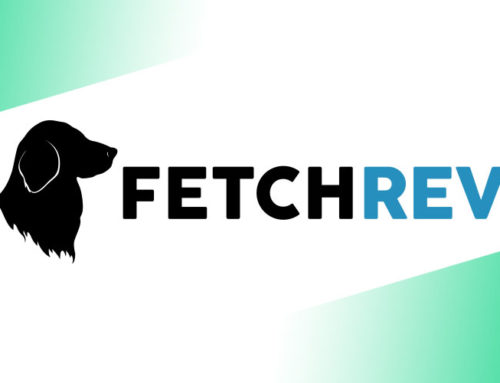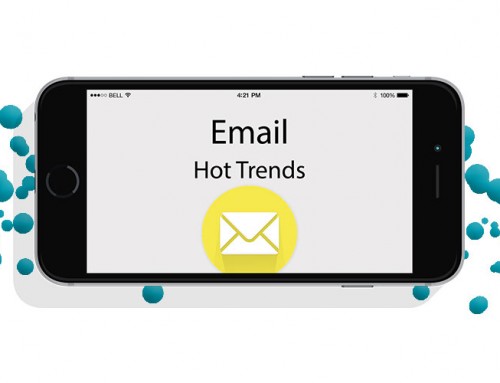Your marketing efforts will likely never be completely automated (job security) but there are platforms out there that can help with implementing your strategy. Marketing Automation software is becoming more prevalent but there is confusion on how it differs form Customer Relationship Management software (CRM). Hopefully we can help make some sense of the differences and whether it is a good resource for your company. Marketing Automation software differs from your CRM because it is focused on taking unknown traffic and turning it into sales leads. It does this by gathering information from your inbound marketing efforts through the use of cookies, dynamic forms and reverse IP lookups.
Once a person becomes known, the automation kicks in. You can set up email automation funnels and other triggers to nurture the lead.
- You can attribute points to each action the lead makes and set a threshold of points to send to sales. For example, you could set 10 points for each email opened, 5 points for pages viewed and a max of 75 points to signify they’re ready to buy.
- Negative points can also be attributed for certain actions, like looking at the employment page of your site. This may show interest in working for you, not buying from you.
- Once the lead hits your point threshold, they will be sent up to a salesperson to hopefully close the deal. At this point the CRM manages the qualified leads.

Marketing Automation software often has great features built in like SEO page auditor, and landing page builders. Depending on the size of your company and your needs there are plenty of Marketing Automation platforms from which to choose.
Here are a few:
- Salesforce Pardot
- Marketo
- Act-On
- Zoho CRM (has a free trial)
- HubSpot (30-day free trial)
Many of these companies offer a lot of the same features. It ultimately comes down to what works best with your company.











Leave A Comment